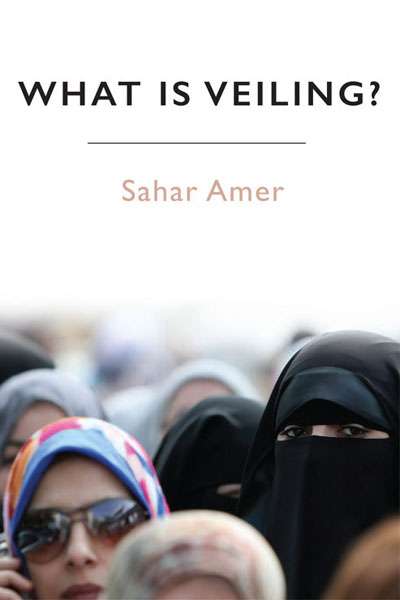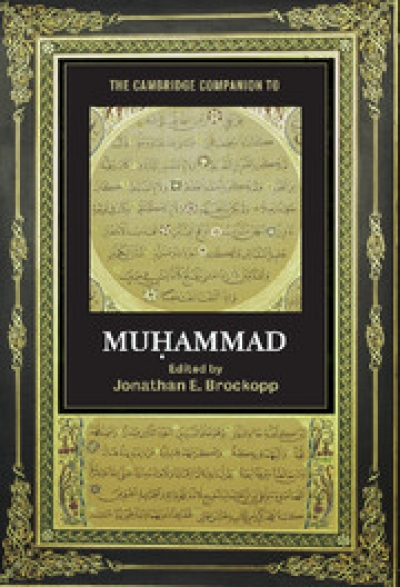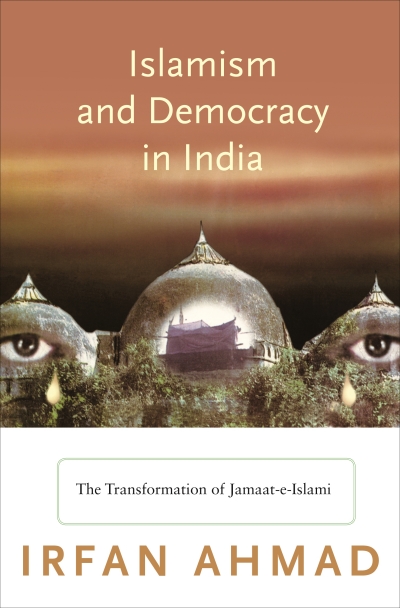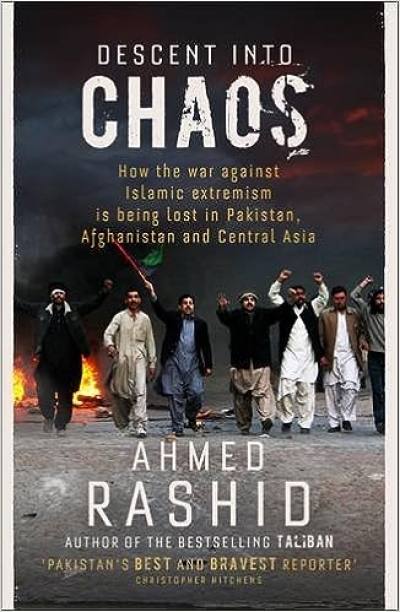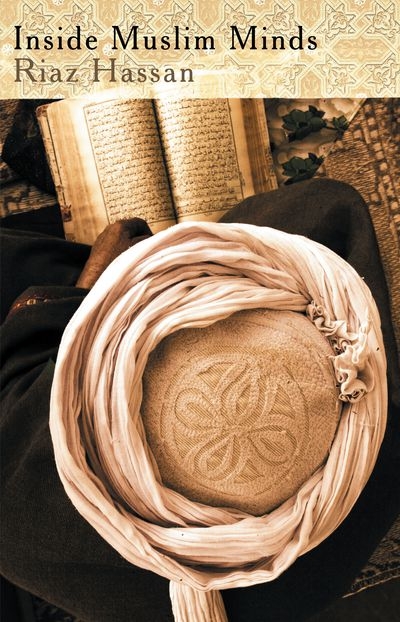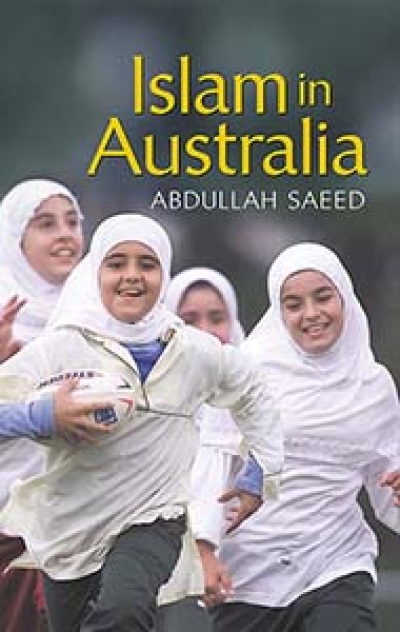In A Fundamental Fear (1997), Bobby Sayyid wrote about the spectre of Islam haunting the West. Important to this ‘hauntology’ is Muhammad: the last prophet of Islam. From the English chronicler Venerable Bede, Thomas Aquinas, and Martin Luther to the Pentagon’s defence intelligence secretary, William Boykin, many have depicted Muhammad as the obverse of everything the West and Christianity regards as good. In Summa contra Gentiles, Aquinas wrote that Muhammad ‘gave free rein to carnal desire’ and ‘those who believed in him from the outset were … beastlike men’. Striking is the parallel drawn by Luther: ‘The coarse and filthy Muhammad takes all women and therefore has no wife. The chaste pope does not take any wife and yet has all women.’ In TheChurch and the Political Problem of our Day (1939), Karl Barth, regarded as ‘the most important theologian since Thomas Aquinas’ by Pope Pius XII, made a peculiar observation: ‘It is impossible to understand National Socialism unless we see it in fact as a new Islam, its myth as a new Allah, and Hitler as this new Allah’s prophet.’ To the American evangelicals, he is a ‘demon-possessed paedophile’ (all unreferenced quotes from Frederick Quinn’s The Sum of All Heresies, 2008). The latest example is The Truth about Muhammad: Founder of the World’s Most Intolerant Religion (2007) by Robert Spencer.
...
(read more)

